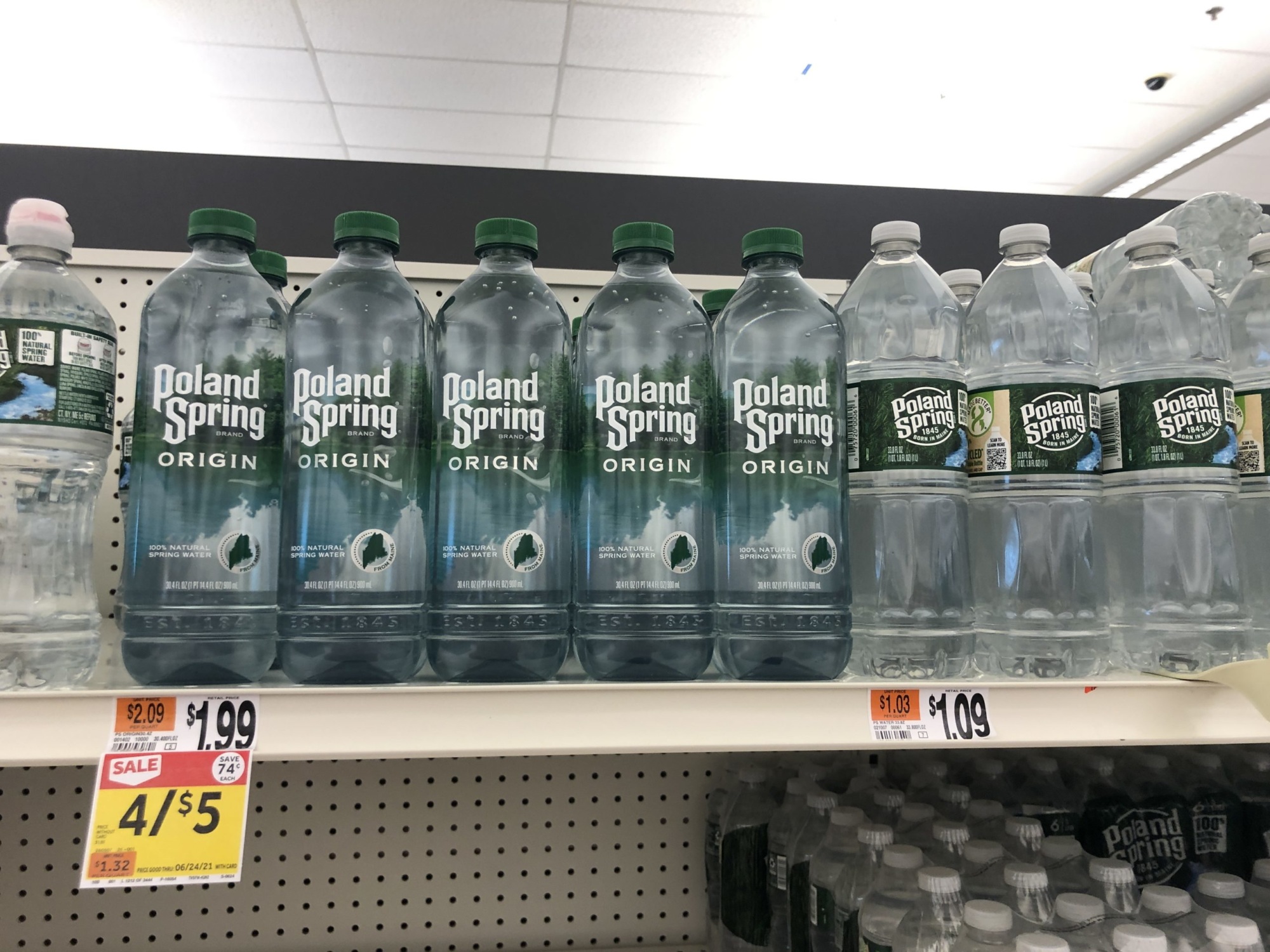
Whole Foods Grilled Over Its ‘No Antibiotics, Ever’ Beef Claim
Consumers also have a beef with claim that meat is “animal welfare certified.”
The FTC will have the opportunity to chew over a gum maker’s “natural” claims after the company recently declined to participate in a self-regulatory inquiry by the National Advertising Division.
Simply Gum had its advertising challenged by Perfetti Van Melle, maker of Mentos and Mentos Gum. The claims at issue appeared on the internet and on product packaging and included:
After Simply Gum elected not to engage in the self-regulatory process, NAD referred the advertising claims to the FTC for review and possible enforcement action.
If you’re wondering what’s in Simply Gum, here’s the ingredients list for peppermint: organic raw cane sugar, natural chicle base (chicle, candelilla wax, citric acid), natural flavor, organic vegetable glycerin and organic rice flour. Chicle, you might be interested to know, is a form of rubber.
Greenwashing
Remember, readers, there is no federal definition for the term “natural.” That’s why marketers love to use the term; it can mean whatever they want it to mean (or so they think). However, there’s good news: This year, the FTC intends to revise its Green Guides, which were last updated in 2012, and according to the National Law Review:
While the FTC has not yet indicated any specific focus areas for the revisions, the agency may revisit some of the categories of claims it considered but declined to cover in the 2012 revision, such as “sustainable,” “organic,” or “natural.”
The bad news: If the slow pace at which another federal agency, the FDA, has moved to define “natural” is any indication, it may be years before the FTC establishes a legal definition.
Find more of our coverage on “natural” claims here.
Our Ad Alerts are not just about false and deceptive marketing issues, but may also be about ads that, although not necessarily deceptive, should be viewed with caution. Ad Alerts can also be about single issues and may not include a comprehensive list of all marketing issues relating to the brand discussed.
Consumers also have a beef with claim that meat is “animal welfare certified.”
Are there really any benefits to drinking alkaline water?
Poland Spring charges consumers a premium for its ORIGIN water. What are they getting in return?

